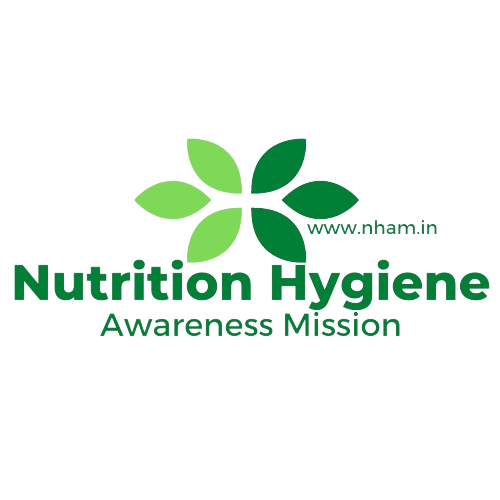
Requirements
The attendees should learn in focussed way and while learning, care should be taken not get disturbed and if required, while learning, the attendee can take notes.
Description
Public and private standards for pesticide residues have become stricter than ever before. Implementation of Integrated Pest Management (IPM) is necessary to minimize pesticide applications. But while there are many technical solutions, the application of IPM is still a struggle for many farmers. Do you want to identify and solve problems in IPM, and aspects of sustainable agriculture and food safety? Then this course is of interest to you.
What will you learn?
Upon completion of the course, you will:
- Better understand the role of primary production in food chains in achieving food safety.
- Know the link between Integrated Pest Management, food safety as a result of primary production, and the protection of the environment.
- Understand public and private food safety standards and certification.
- Be able to develop Integrated Pest Management strategies.
- Know the different roles of stakeholders in supporting the implementation of Good Agricultural Practices, sustainable agriculture and Integrated pest management
- Know how to increase participation levels in integrated pest management policies and implementation through multi-stakeholder processes.
For whom is this course?
The basic prerequisite for participation in the course is active interest and professional experience in this field. Participants should be proficient in English and have at least a BSc degree or an equivalent academic qualification.

